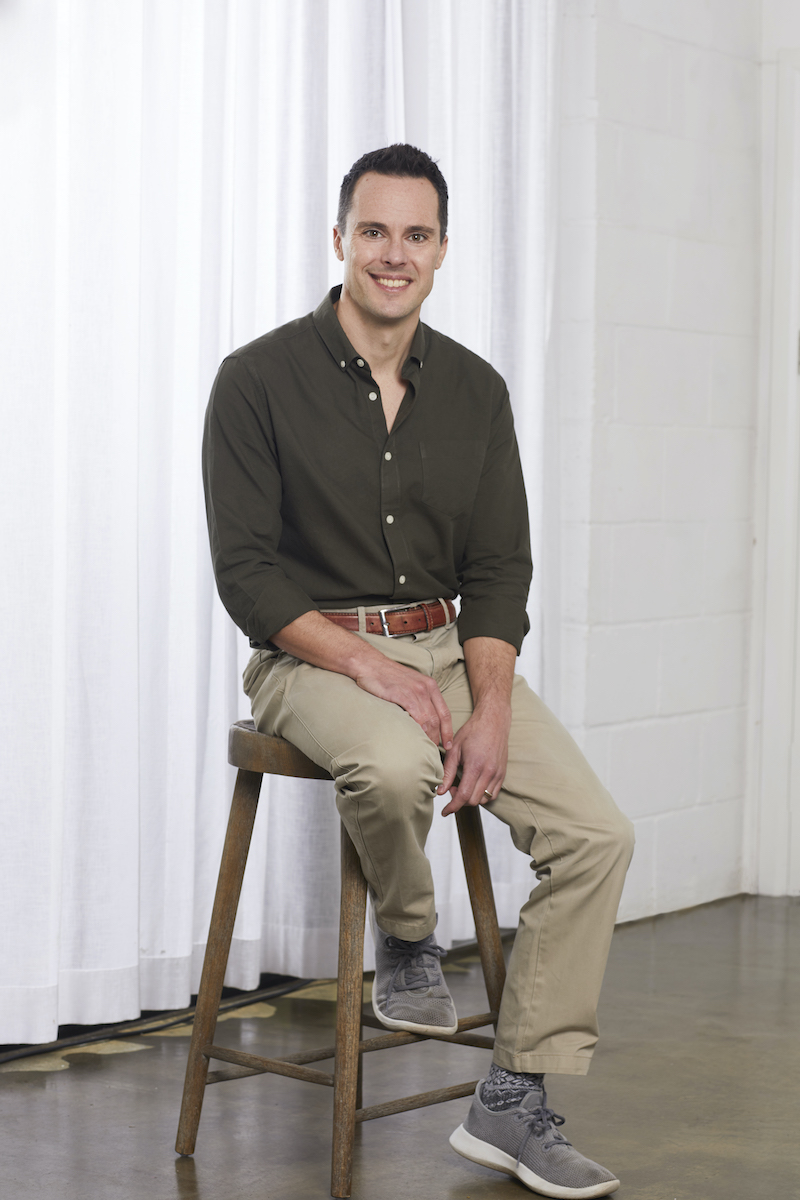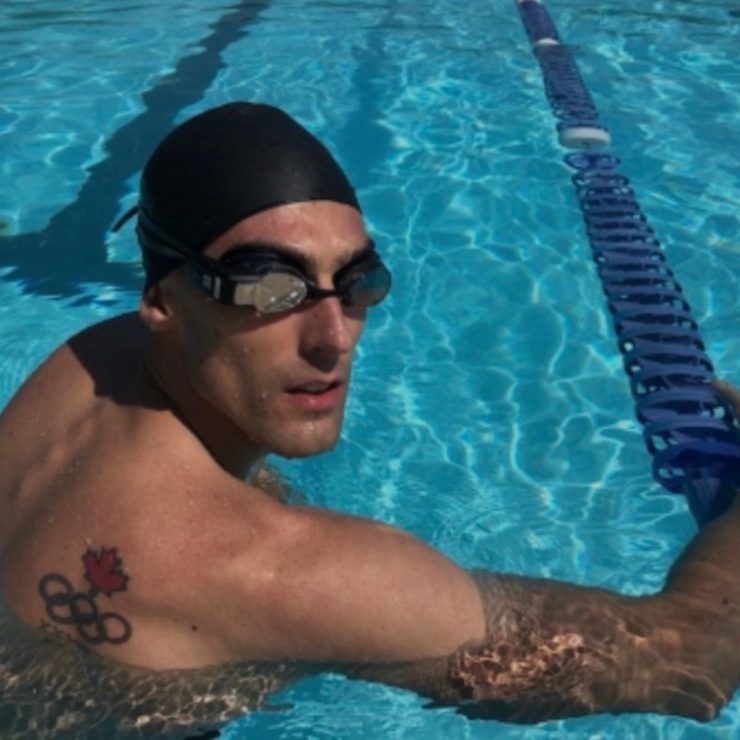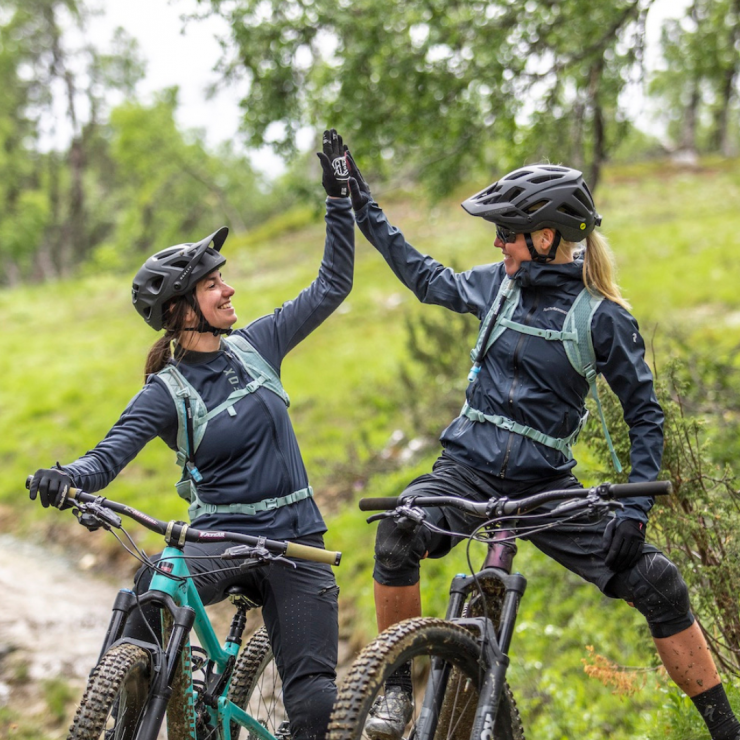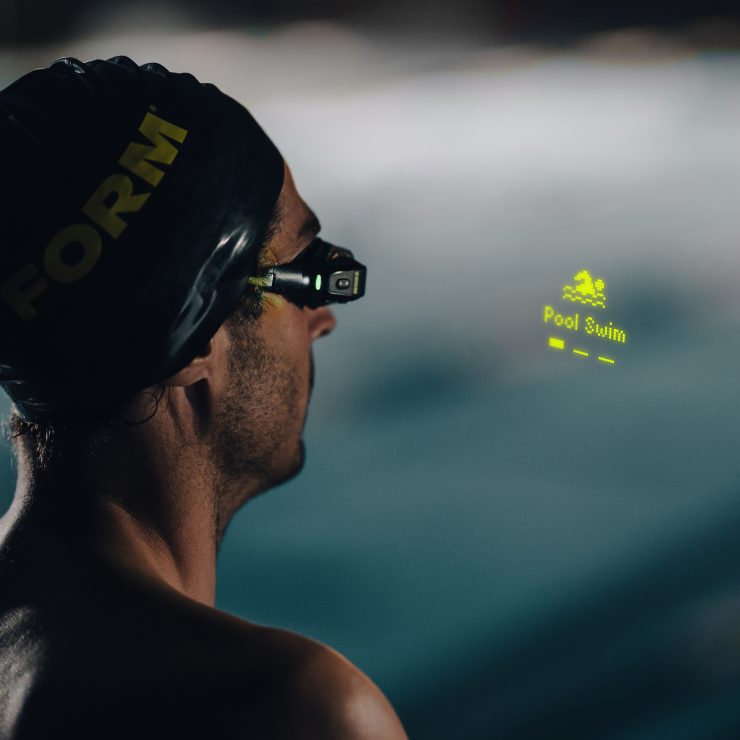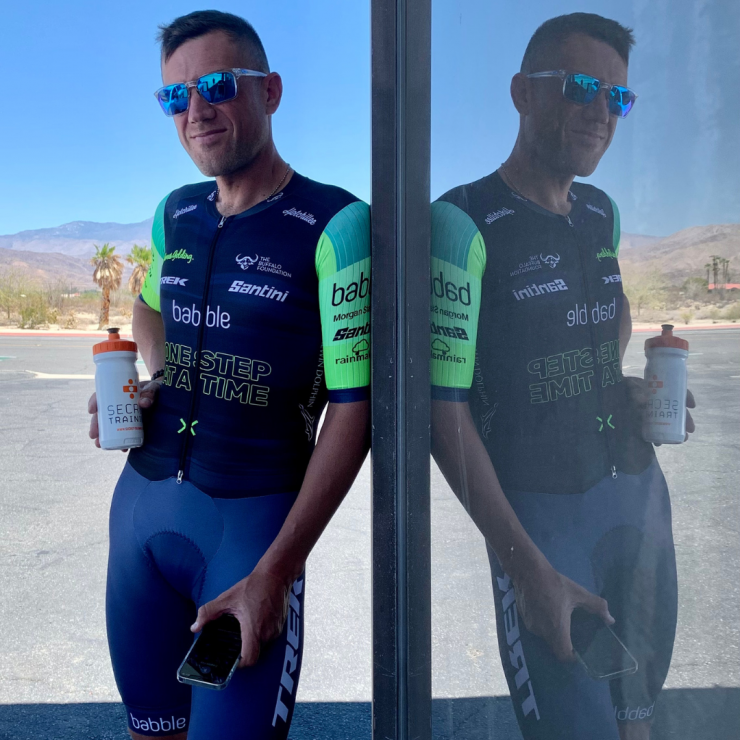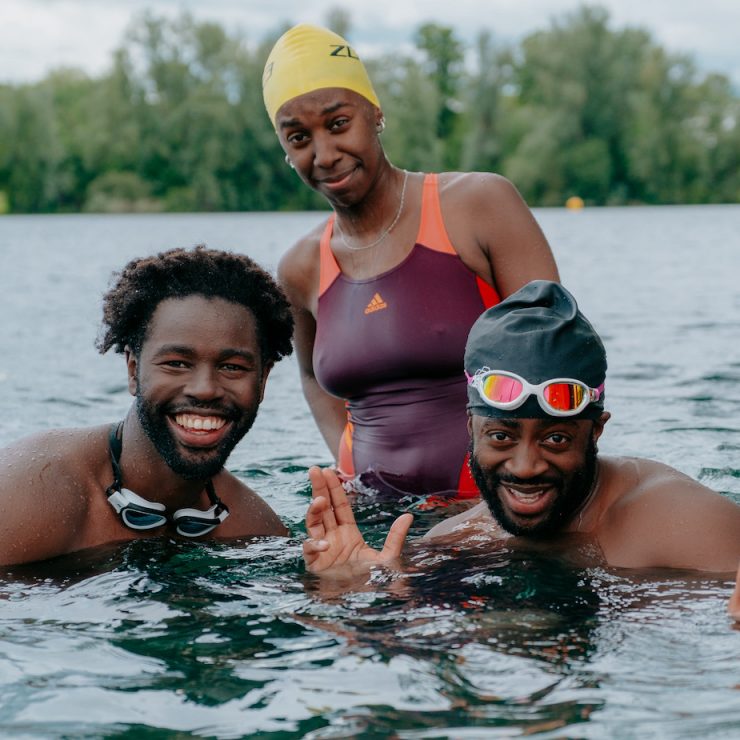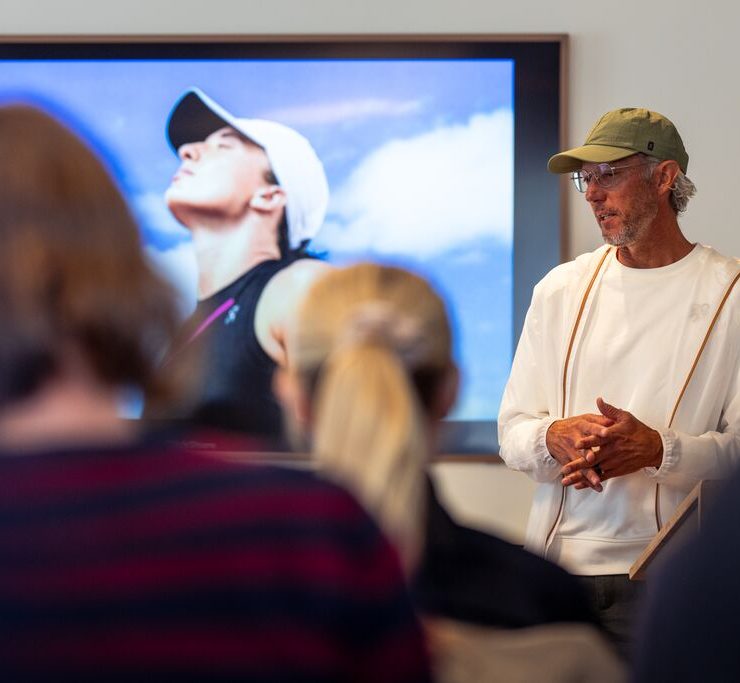Toby is our Sustainability Advisor and Co-Founder of ZeroBees, a sustainability data and consulting firm specialising in decarbonisation as well as holistic sustainability. Toby will be working closely with Aspire on a comprehensive carbon assessment and bespoke reduction plan, to help us on the road to minimising our carbon impact.
Read on to discover where his passion for sustainability stems from, his motivation behind starting ZeroBees and his advice to sporting event organisers to encourage environmentally friendly initiatives.
Where did your passion for sustainability come from?
It’s always been there. As a child my favourite memories were summers spent in a small remote cottage in the heart of Exmoor which was basically off-grid. That emersion in nature and getting to know the local farmers and communities really shaped what I wanted to do and where my interests lay. I studied natural sciences at university, with a strong leaning to ecology, and then went onto broaden that out into social and economic fields, with a masters in sustainable development, and even later another in economics. I wanted to make sure my grounding in sustainability was as holistic as possible.
What was the motivation behind starting ZeroBees?
It was a realisation that corporate Net Zero strategies weren’t integrating the small and medium sized organisations across their value chains in any meaningful way.
SMEs are underserved when it comes to meaningful decarbonisation or sustainability tools, and typically disengaged from Net Zero. For a corporate, there’s no real way of engaging SMEs at the scale needed to ensure they can hit their Net Zero targets, despite the fact that the majority of organisations in supply chains are actually SMEs – and a significant proportion of carbon emissions are too. ZeroBees was set up to tackle this disconnect. Servicing SMEs with highly specific and actionable advice, through use of tech, to make it affordable and scalable so that together, organisations across value chains can achieve Net Zero targets.
What is the long term goal for ZeroBees?
To accelerate decarbonisation for small and medium sized businesses and scale across multiple priority supply chains. Helping our customers to understand, measure and systematically collaborate and reduce their greenhouse gas emissions. And this is a gateway from carbon to the next questions around each supply chains’ most material sustainability issues: how to track that data and improve it across the network of businesses.
What services do you offer that you think makes the biggest impact?
We offer consulting around sustainability (not just carbon) to help organisations measure, understand and improve their material sustainability challenges, through a deep understanding of each sector.
Our tech platform is specifically designed for small and medium sized businesses to accurately measure, plan and reduce their greenhouse gas emissions, which can be used to self-serve or with support from our team. We help organisations set decarbonisation targets and communicate this based on a robust, scientific approach.
What do you think are the biggest barriers in improving sustainability in companies?
For our target – small and medium sized businesses – there are several key barriers:
- Prioritisation (and lack of time/resource): SMEs are notoriously busy, and unless customers, government or clients are requesting sustainability credentials or reporting (which they are more and more), then it may be important but It’ll get bumped down the to-do list.
- Knowledge: Knowing where to start and what to do Is also a barrier – with lots of technical jargon, Its hard to know what to do first.
- Cost: Whilst “free” calculators are appealing, they are generic and don’t give any meaningful insight and can actually be a barrier to decarbonisation as it gives a false sense of security, or pushes an organisation straight to offsetting without thinking about greenhouse gas reductions first. Further to this, consulting level advice is usually expensive.
Our offer tries to hit affordability by being tech-based with consulting-level assessment and advice, built specifically for SMEs therefore making the language and data side accessible. As for priorities, we’re working in sectors currently where the customer demand is growing, so this is moving higher up the priority list.
What’s one piece of advice for companies trying to improve their carbon and wider sustainability impacts?
Just start. It won’t be perfect first time, but starting your sustainability journey also ignites your journey in terms of knowledge, access to data, and understanding where your material impacts are.
What’s the biggest challenge you face in your role?
Time. Relentless prioritisation to make sure we’re working on the most important things that mean we will drive real impact now and in the future. We’re an impact lead organisation, so we’re focused on making sure we are setting ourselves up to achieve real benefit.
As a former professional long distance triathlete, name one environmentally friendly initiative sporting event organisers could introduce to reduce the negative impact on the environment?
Of course, every aspect of an event has an environmental impact, and many can even be positive. But for most, I’d start by thinking about how athletes and spectators are getting to the event. Have you planned for it to be easily accessible by public transport, and how can you encourage or incentivise more sustainable modes of transport?
What’s the best piece of advice anyone has ever given you?
Take a breath.
There’s a gap between something that happens or something someone says to you, and how you respond to that stimulus. You’re in complete control of how you react, so make that count.
What are your goals for the year ahead?
Get back to some swim fitness after several years of not really training. Make sure my kids (6 and nearly 9) are happy and learning. Grow ZeroBees and build our incredible team even further.
